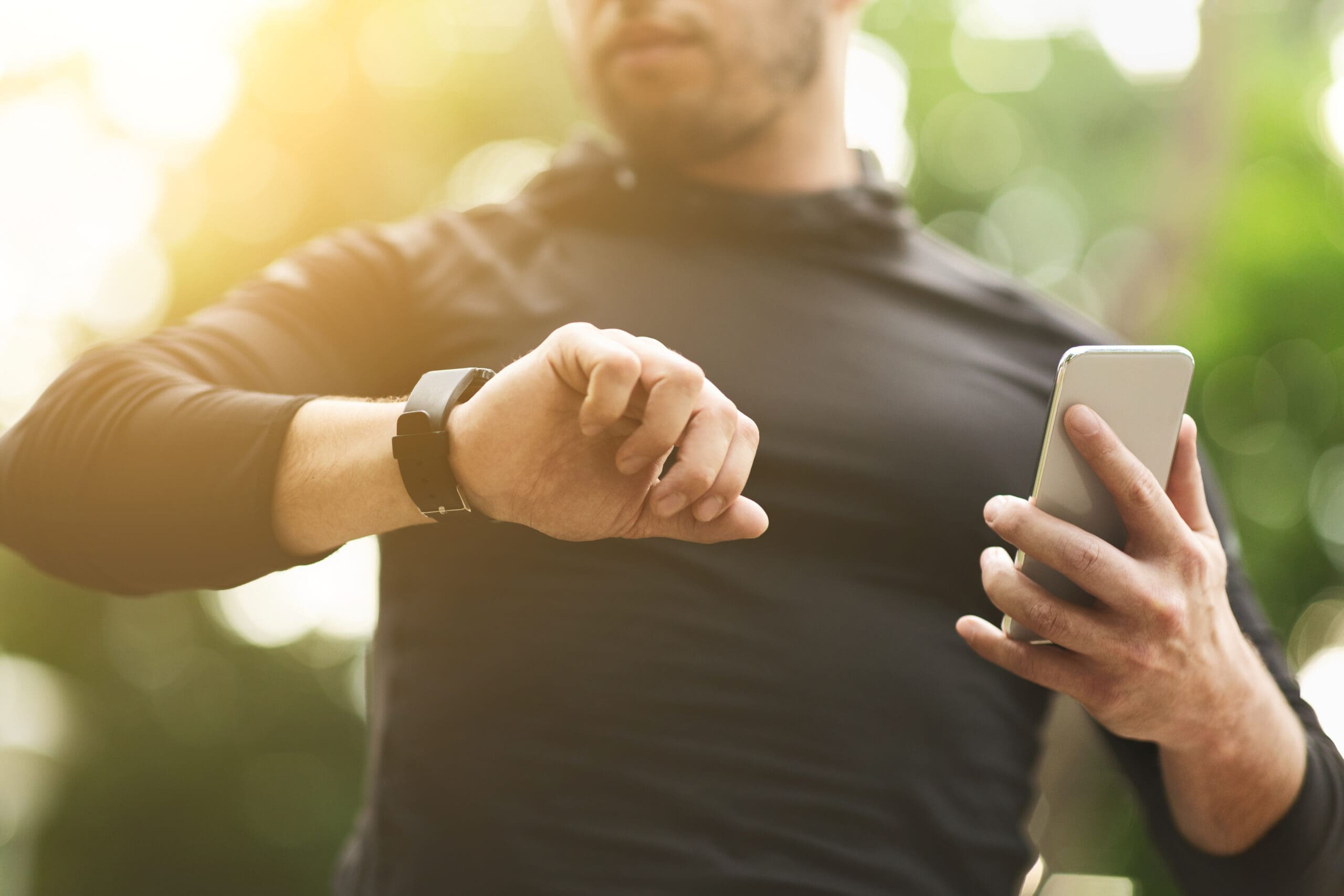The coronavirus pandemic has turned the way we live upside down, with ripple effects across all aspects of our daily lives – especially in our health behaviours.
Previous research has shown the pandemic resulted in less physical activity, lower quality diets, increased alcohol intake and poorer mental health, as people were unable take part in their usual activities due to multiple lockdowns. New research out of Sydney has found that various mobile apps and fitness trackers helped soften these effects and promoted healthy behaviours, as well as the spread of health information.
In 2020, about eight in ten Australians (79.60%) possessed a smartphone and over one in five Australians owned a wearable fitness tracker.
The researchers conducted a cross-sectional (snapshot in time) survey of more than 500 adults during 2020, examining the use of apps and fitness trackers in the first year of the pandemic. They were interested in who was using these apps, their health behaviours, and how using these apps and trackers influenced their health choices.
Most of the participants were healthy, educated Australian women. About 60% used apps for health behaviours – both specific health apps like a food diary or a sleep quality tracker, as well as general-use apps like YouTube to access health-related content and materials, such as recorded or live fitness classes. Nearly 40% used fitness trackers. The main reasons people said they used apps were to stay active, connect with others, manage their mental health, eat well and sleep better (in that order). Of the 60% who used apps for health reasons during the pandemic, almost 50% used them more than in previous years. 8% used them less during the pandemic.
The research showed that the use of apps helped with developing and maintaining healthy habits and behaviours, especially as they allowed users to monitor their behaviour patterns over time and set realistic goals. Those who used them throughout the pandemic said they helped maintain a sense of normalcy and routine. It’s worth bearing in mind, though, that those in the study were already educated and health-conscious. Nevertheless, the research suggests this technology can be leveraged for remote support to encourage healthy behaviours, which could have utility well beyond the end of the pandemic.

